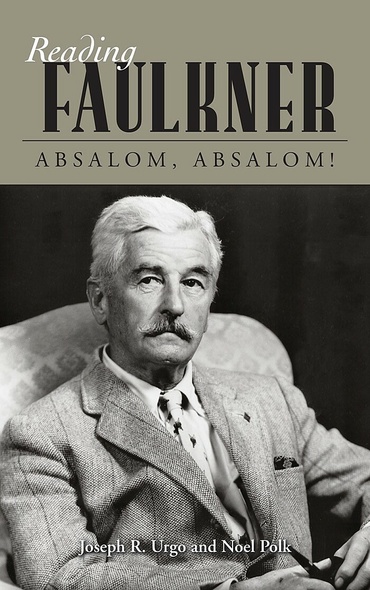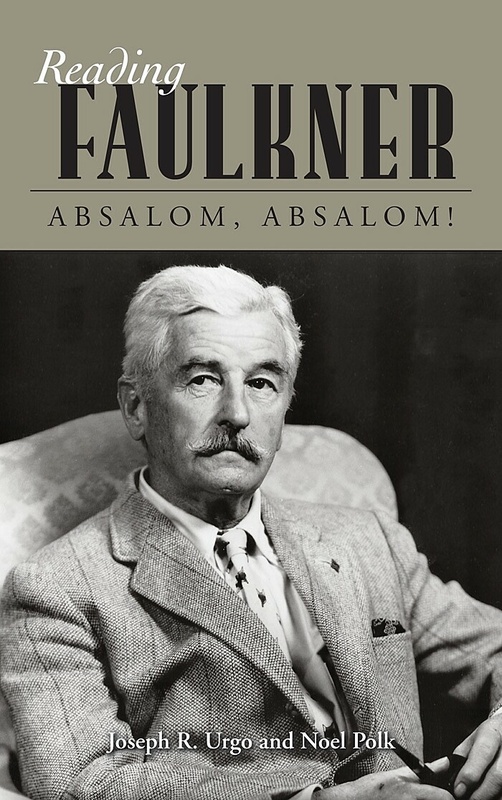
Reading Faulkner
Absalom, Absalom!
Absalom, Absalom! has long been regarded as one of William Faulkner’s most difficult, dense, and multilayered novels. It is, on one level, the story of Thomas Sutpen, an enigmatic stranger who came to Jefferson in the early 1830s to wrest his mansion out of the muddy bottoms of the north Mississippi wilderness. He was a man, Faulkner said, “who wanted sons and the sons destroyed him.” On another level, the book narrates the tragedy that befalls the entire Sutpen family and that tragedy’s legacy that continues well into the twentieth century and beyond. The novel’s intricate, demanding prose style, and its haunting dramatization of the South’s intricate, demanding history make it a masterpiece of twentieth-century American literature.
Reading Faulkner: Absalom, Absalom! offers a close examination and interpretation of the novel. Here difficult words and cultural terms that might prove to be a problem for general readers are explained and keyed to page numbers in the definitive Faulkner text (Library of America and Vintage editions). The authors place Faulkner’s novel in its historical context, while also connecting it to his other works.
Joseph R. Urgo (Author)
Joseph R. Urgo is chair of the English Department at the University of Mississippi. His books include Reading Faulkner: Absalom, Absalom!;Faulkner’s Apocrypha; Novel Frames: Literature as Guide to Race, Sex, and History in American Culture; and In the Age of Distraction, among others, all published by University Press of Mississippi.
Noel Polk (Author)
Noel Polk (1943-2012) was professor of English at the University of Southern Mississippi and Mississippi State University, author of many critical studies on Welty and Faulkner, and coeditor of the Library of America edition of Faulkner’s works.





